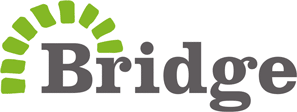Bridge pledges to continue campaign for increased access to schools in Kenya
7 June 2017
Bridge International Academies (Bridge) has pledged to ensure that children Kenya will continue to be able to access good schools and high quality education even in the most marginalized and under-served communities.
Bridge will continue to campaign for the full implementation of the Alternative Basic Provision for Education (APBET) guidelines which would see an estimated two million children in ‘informal schools’ and their families given security and recognition by the Kenyan Ministry of Education.
The pledges were announced at an Open House event in Nairobi for legislators, innovators, advocates and partners in the Kenyan education sector.
The pledges come at a time when education investment and reform in many developing countries is taking the form of Public Private Partnership models.
Bridge uses innovative technology and delivers measurable learning gains in education by acting as an education partner in Africa. Following the Kenyan government’s lead, other African governments are working in partnership with Bridge because they aim to see the learning gains achieved by Bridge pupils in Kenya replicated in their countries. In the 2015 KCPE, Bridge pupils achieved an average pass mark of 60% compared to the national average of 49%. In 2016, Bridge pupils achieved 59% compared to a national average of 49%. The longer a child is at Bridge the better they perform and in 2016 a child who had been at Bridge for 4 years achieved an average pass mark of 74%.
In May, Bridge was selected as partner to the Nigerian Lagos state government for a new education technology initiative, called CodeLagos. The programme aims to equip one million young people with coding skills and transform the state into a major technology hub over the next decade. Twenty-three Bridge academies and 3,000 Bridge pupils will take part.
More than 100,000 pupils have benefitted from a Bridge education in Kenya and the schools continue to offer exemplary education options to parents who have low incomes and limited access, but want their children to get a high quality education.
The Kenya Chair of the Parliamentary Education Committee, Sabina Chege, is delighted at the innovation displayed inside Bridge Academies. “If there is use of technology, achieving quality performance and making it possible for more children to attend school, then this is something that should be emulated and supported,” she said.
Bridge CEO, Jay Kimmelman, said, “I am pleased that Bridge is an education partner in Kenya, building capacity and capability in education and technology. In the 21st century, technology has become an enabler of better schooling and development across the globe. Technology underpins the education provided by Bridge and there is no doubt that technology will play a pivotal role in empowering Kenyans over the next decade.’’
Bridge’s use of innovative technology and content means it is seen as a natural partner for those who aim to harness technology to deliver learning gains for children. This innovative approach makes it an ideal partner for a government committed to achieving universal education, and driving down the cost of education. In Kenya, Bridge is an ideal partner for the government’s Digital Learning Program.
Bridge manages over 400 schools in Kenya, offering 8-4-4 curriculum to low-income families in marginalized areas where access to schools is limited, the cost of education is high and the quality is largely compromised. The network of affordable schools is also working in partnership with the governments of Uganda, Nigeria, Liberia and India to deliver high quality education in underserved communities.
[ENDS]
Notes to Editors
Bridge operates a Public Private Partnership (PPP) in Liberia as part of the Liberian government’s Partnership Schools for Liberia (PSL) initiative.
The Kenyan government released the APBET guidelines in March 2016, but since then there has been no school registered as an APBET school.
About Bridge
Bridge believes every child has the right to high quality education and works in partnership with governments, communities, parents and teachers to deliver education to over 100,000 children in underserved communities across Africa and Asia.
Bridge uses in-depth teacher training and support, advanced lesson plans and wireless technology to provide pupils with a meaningful and life-changing education.
Globally, there is an education crisis. Around 263 million children and young people are not in school and the number of primary school aged children not in school is increasing. Bridge is committed to helping tackle this through a data driven, evidence based approach that delivers strong schools and a great education for all.





